Your laser is fast. Wicked fast.
So you need to be just as fast to see what it is really doing. If your measurement equipment is not faster than the laser pulse, it just won’t be able to capture the pulse, let alone characterize its time performance.
To understand what I mean, let’s look at a graph. (If a picture is worth a thousand words, a graph must be at least a million words.)
We’d all like to believe our fast pulsed laser is the purple graph, right?
But in reality we suspect it’s more like the black graph. Although for all we know it could have some weird ripples or other effects, which is probably why we’re measuring the laser in the first place. ☺
However, even if your laser is closer to the purple than the black, you will need a very fast photodiode detector to check this. If you use a ms response time PD on a ps or ns pulsed laser you’ll get the orange curve – basically a worthless measurement that only tells you that the laser is doing something.
If you use something that’s almost fast enough (e.g., a ns response time PD on a pulse that is itself several ns or less), you’ll end up with something like the green curve. It shows a little more information now. The laser is certainly a pulse, and it seems to have typical exponential / logarithmic characteristics. However, you have now way to use this information quantitatively – you cannot determine how long the pulse duration is exactly. Nor can you use the relative power in conjunction with a power meter to determine the peak power.
What you need is a photodiode that has a response time far shorter than your laser pulse duration, ideally at least an order of magnitude lower (but of course for specific application questions, speak with your local Ophir representative).
For more info and full specifications, check out Ophir’s line of fast photodiodes – from 25 ps to 3 ns response times, and wavelengths from UV to IR (193-1700 nm).
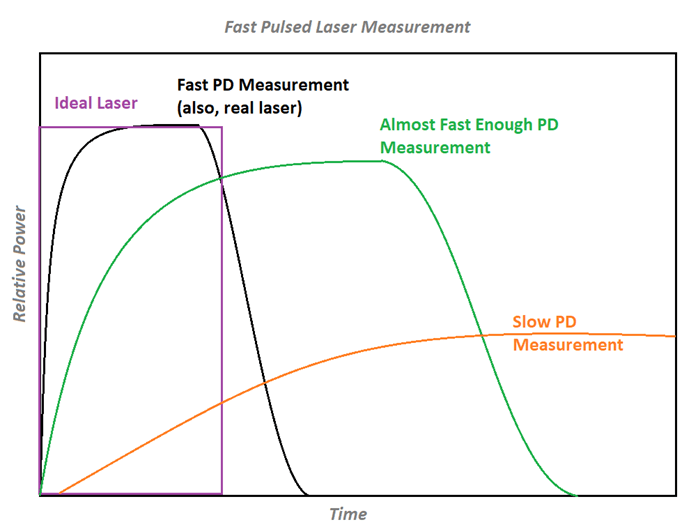


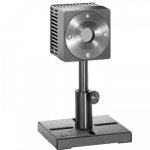






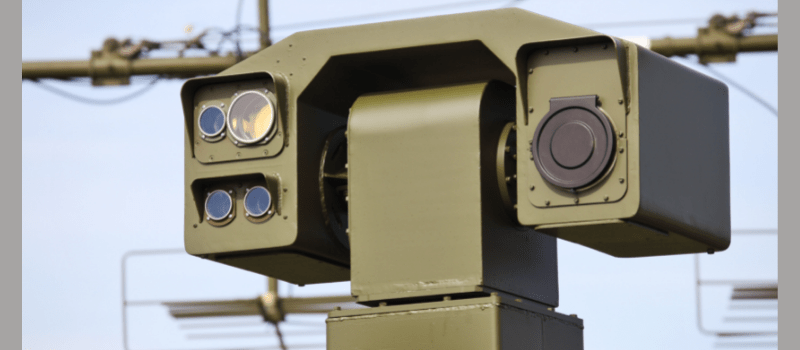
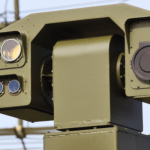
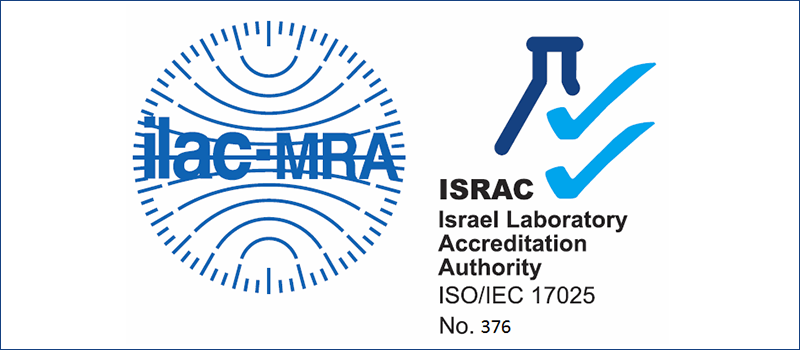

Leave a Reply
Your email address will not be published. Required fields are marked *